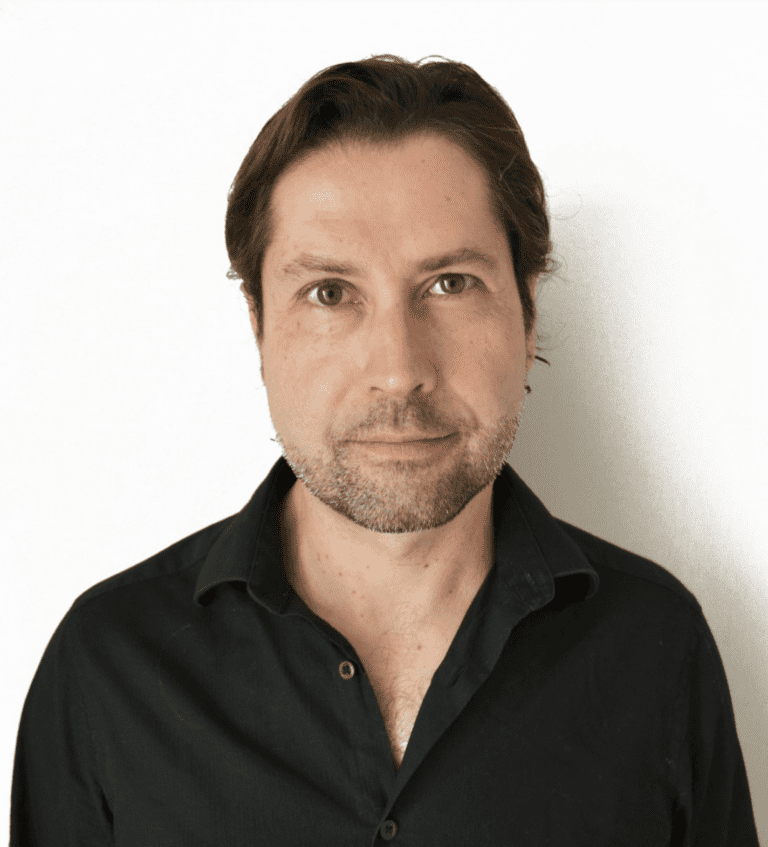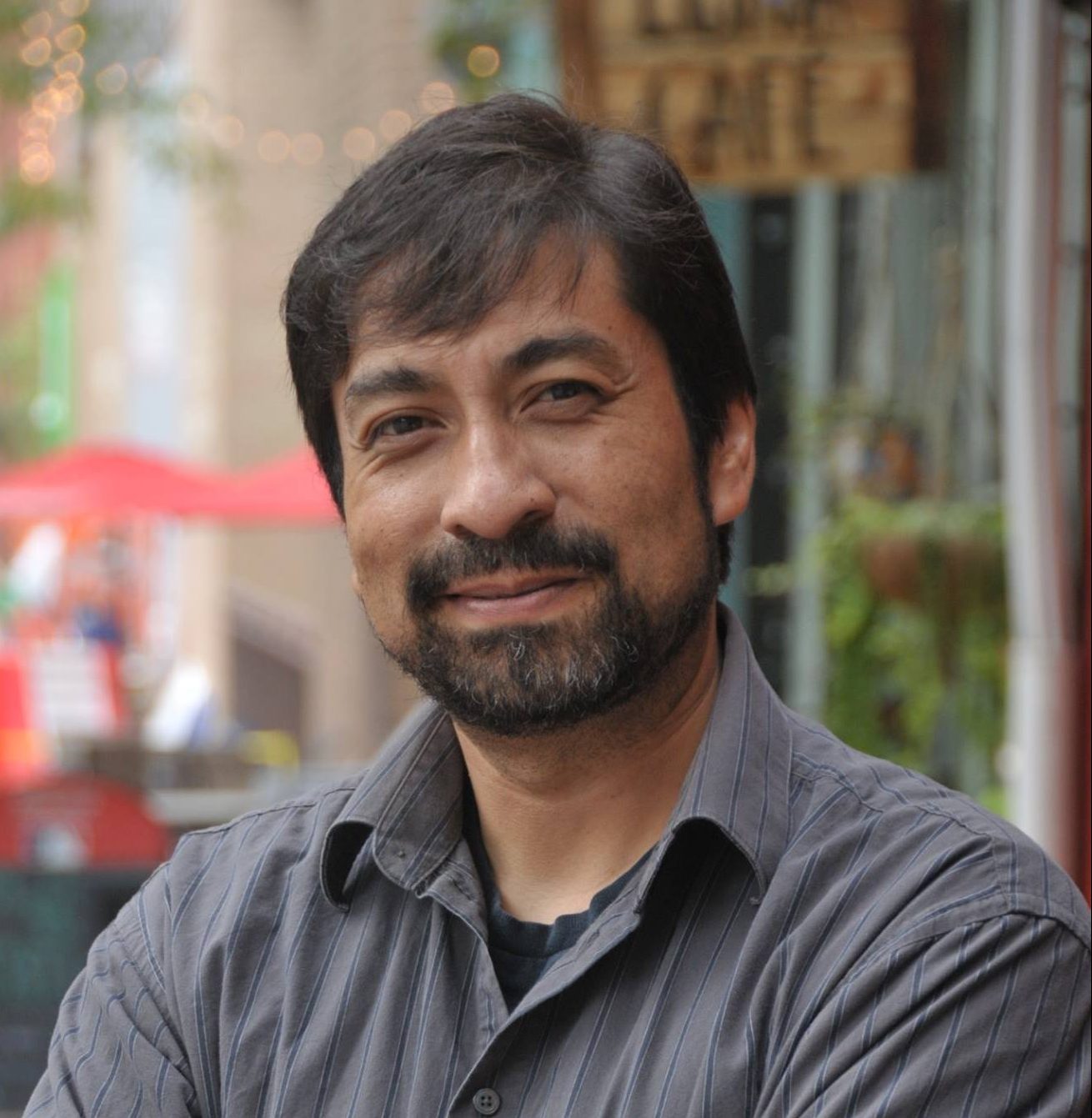por David Villalvazo
Click here for Spanish version
In this simple test I invite you to assess how much accumulated wisdom you have about the real, natural and irreplaceable intelligence we know and use in our lives.
You will also rediscover your vital understanding of how we do every day to cultivate and strengthen our wisdom.

David Villalvazo
Filmmaker
David Villalvazo is an associate professor at the University of Guadalajara. He has worked as a film editor, director, and cinematographer for many nonfiction films. He was a Fulbright grantee and Mexican Academy award nominee. As a Ph.D. Candidate in Documentary Arts and Audio/Visual Research at Temple University, he dedicates himself to explaining how the special action of the arts uniquely produces and disseminates knowledge and to critically show how Cinematic Montage and Sound Design work in exploring, grasping, and informing the world.





